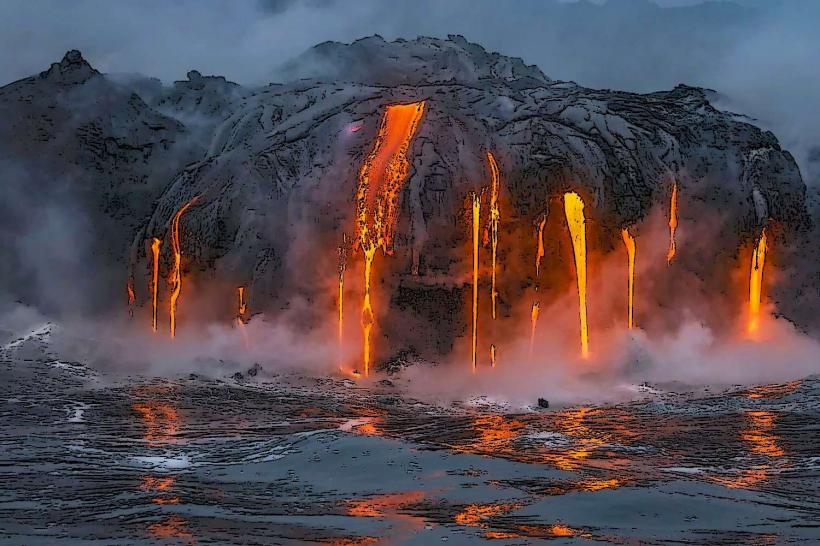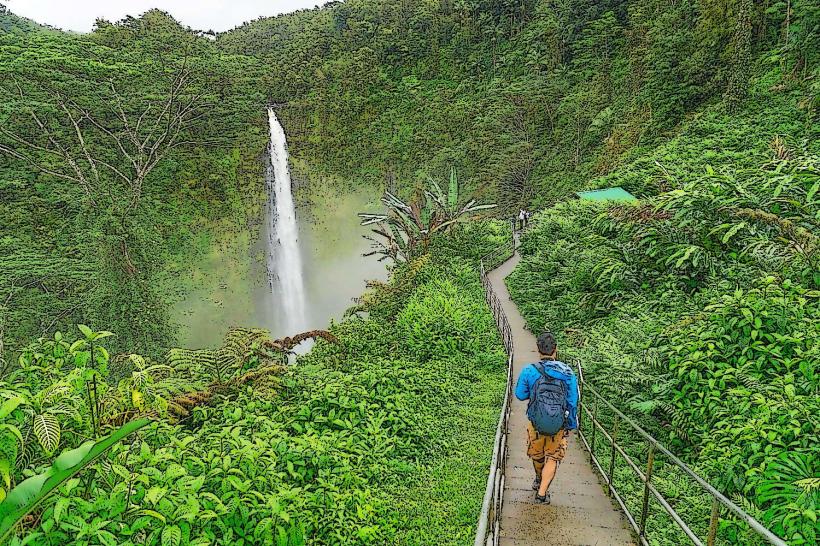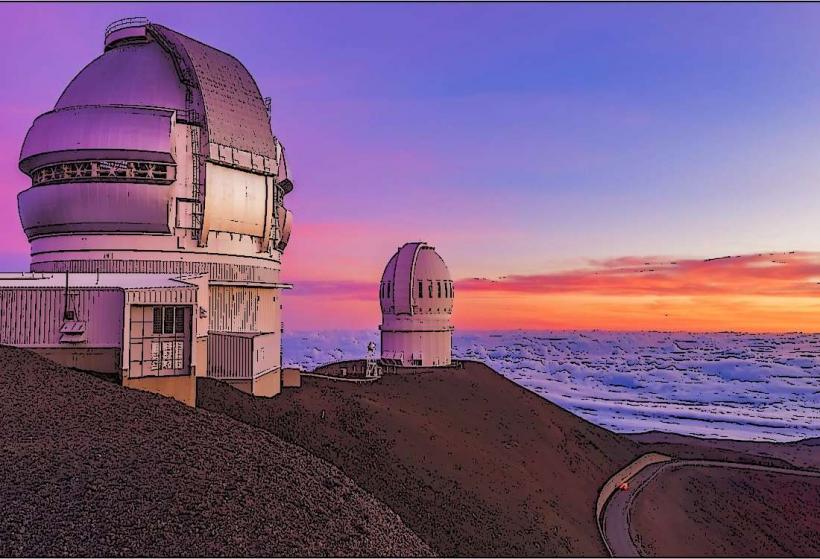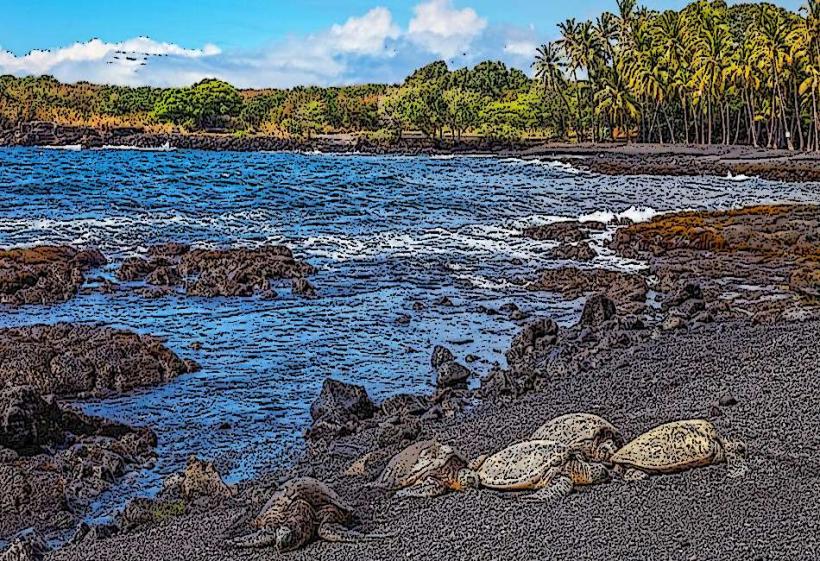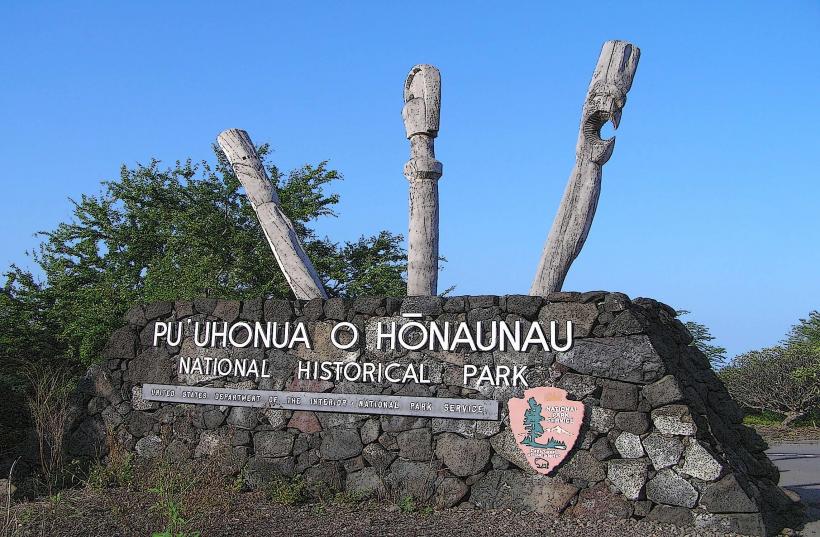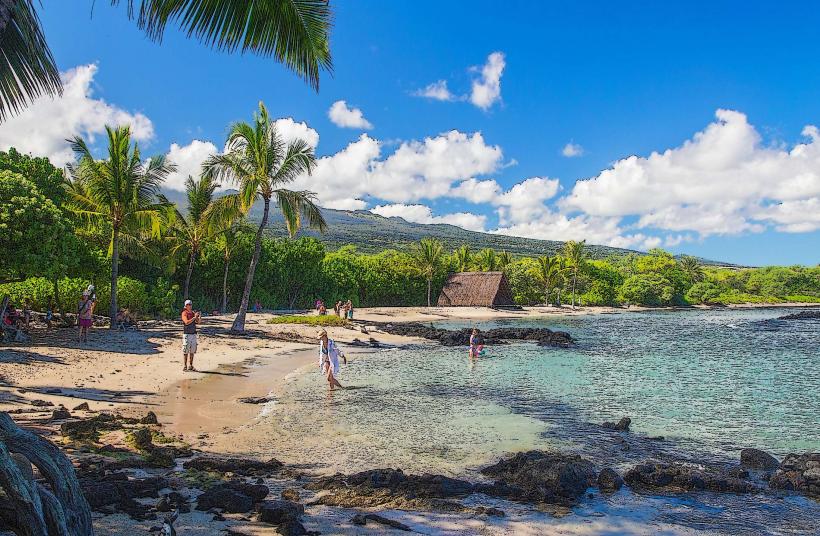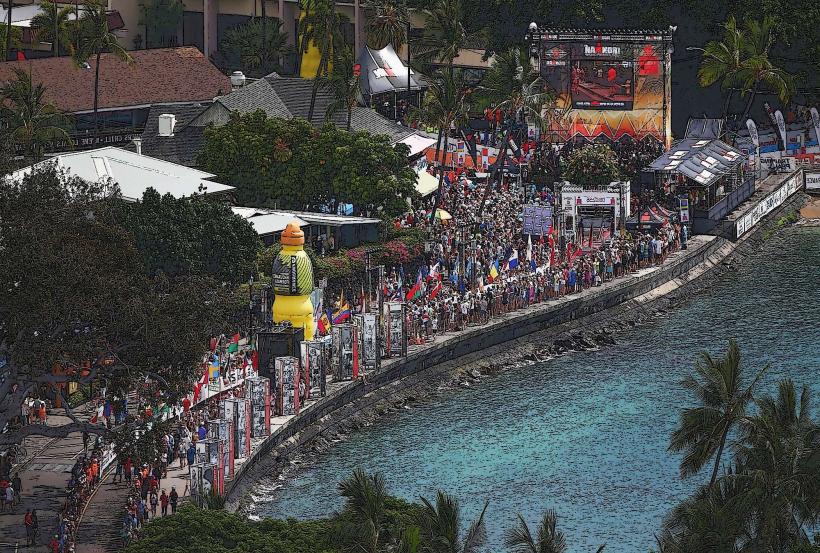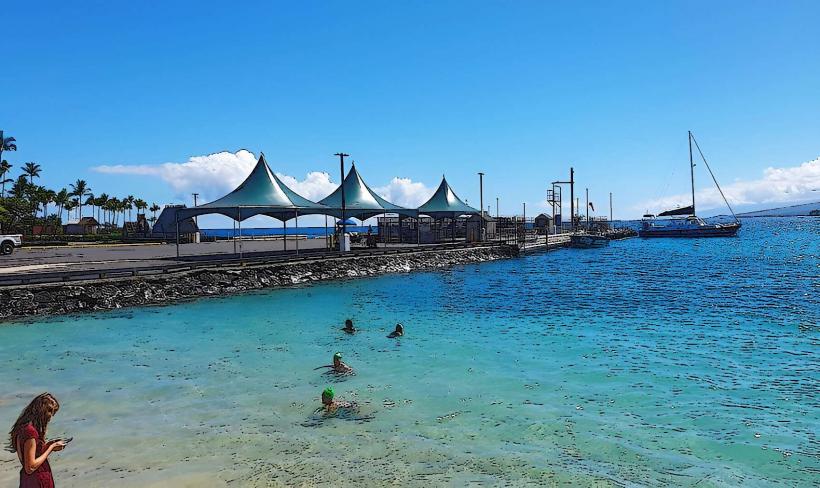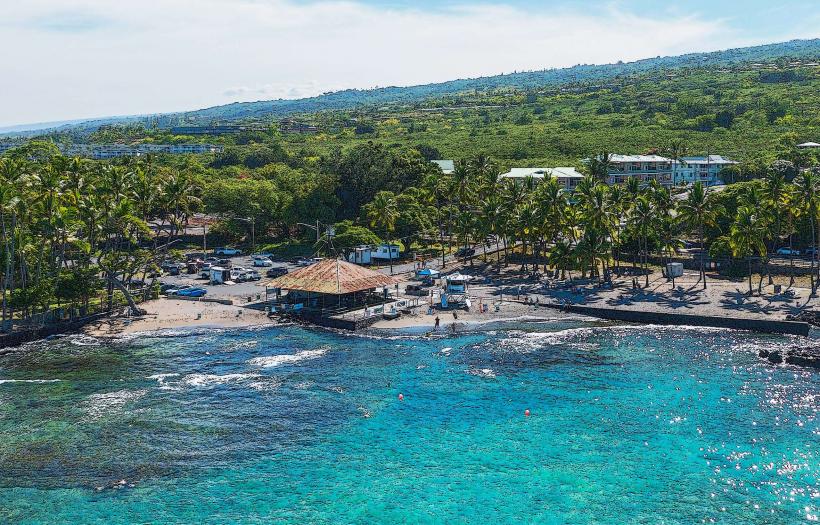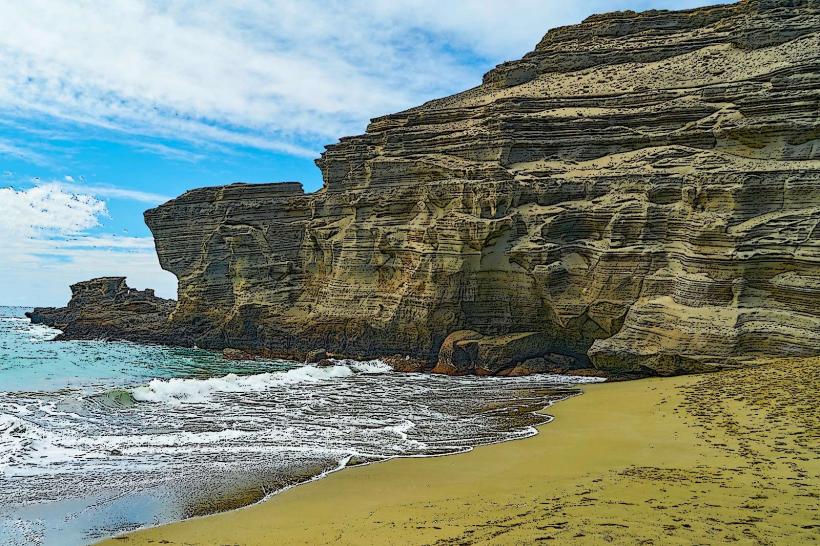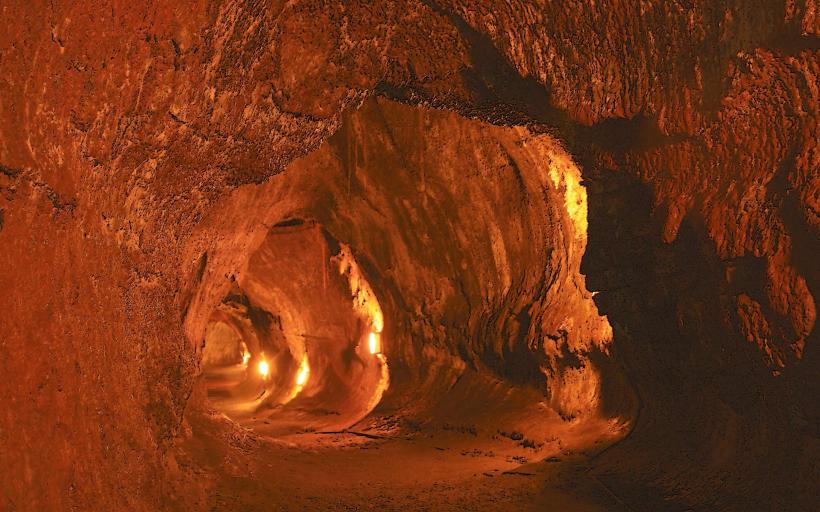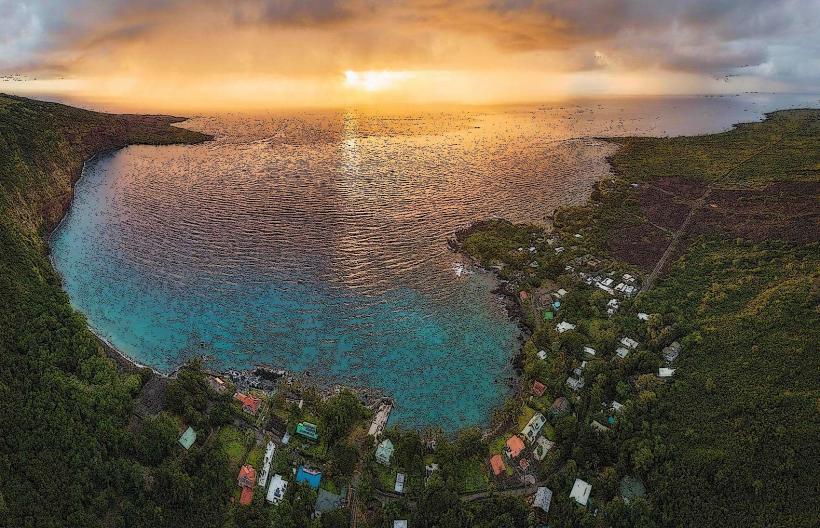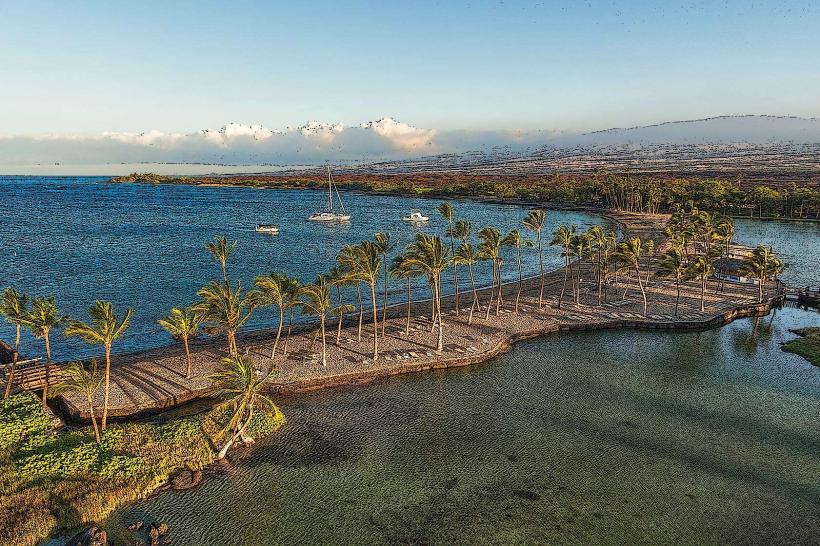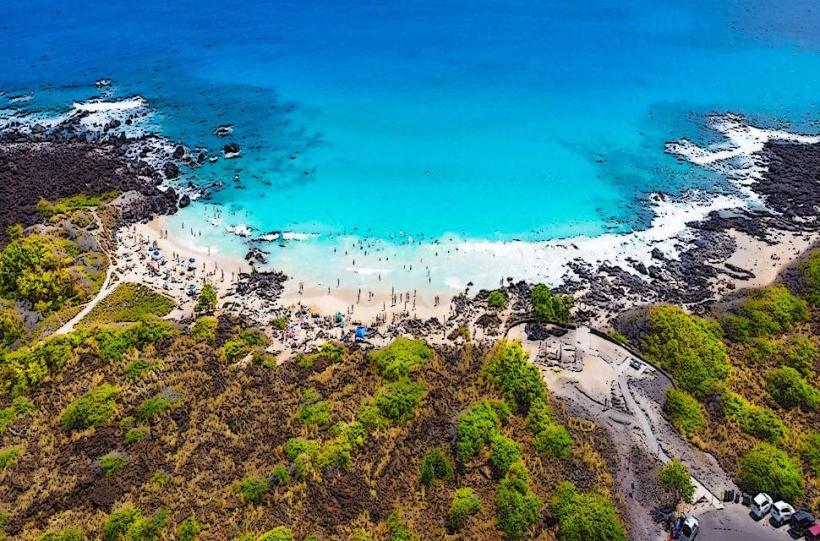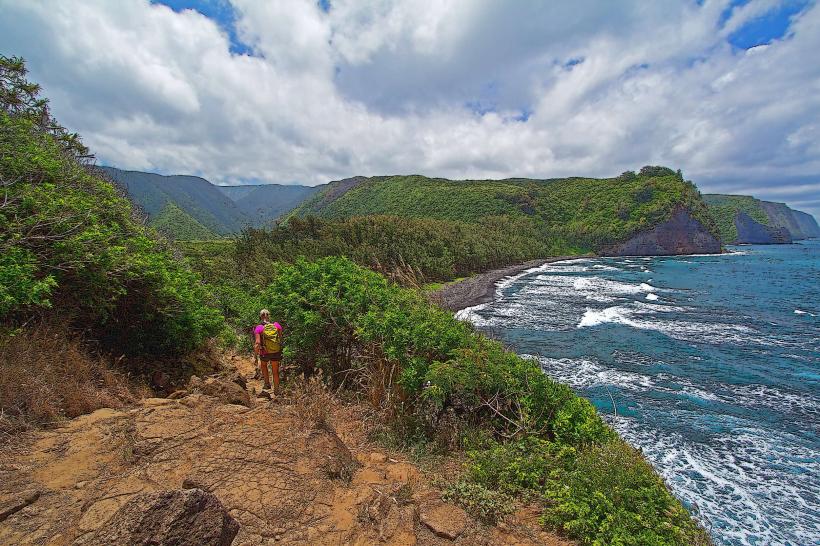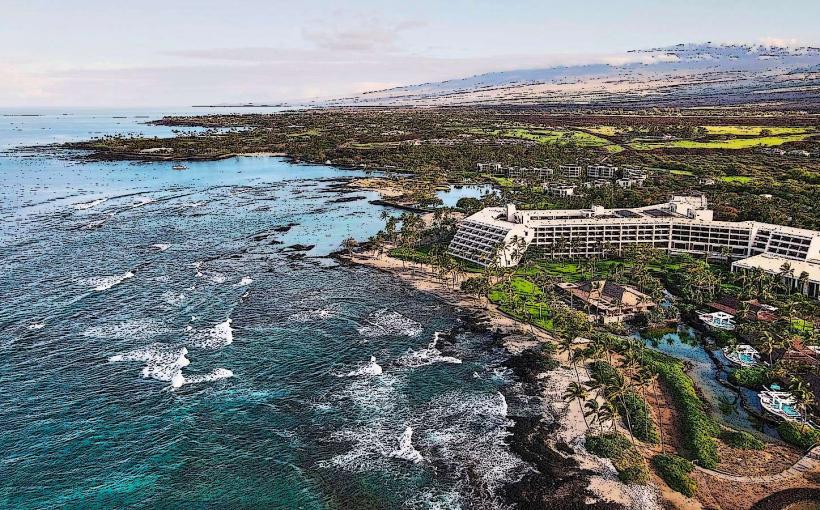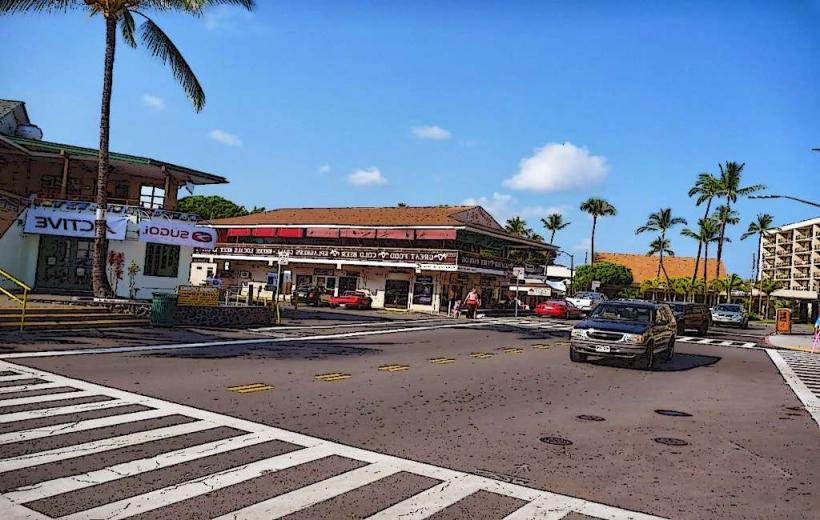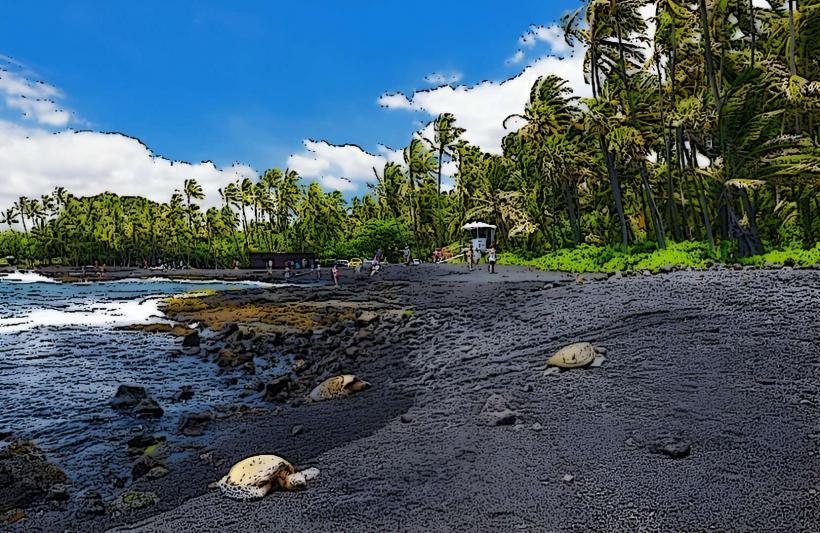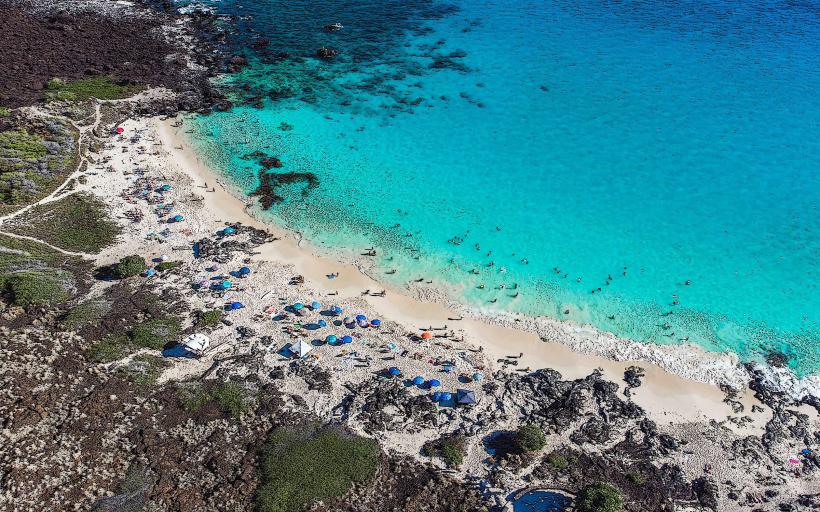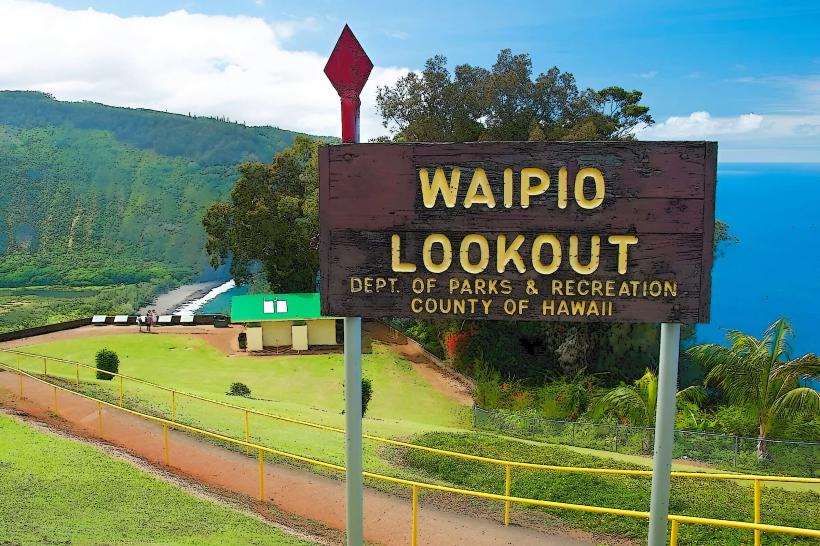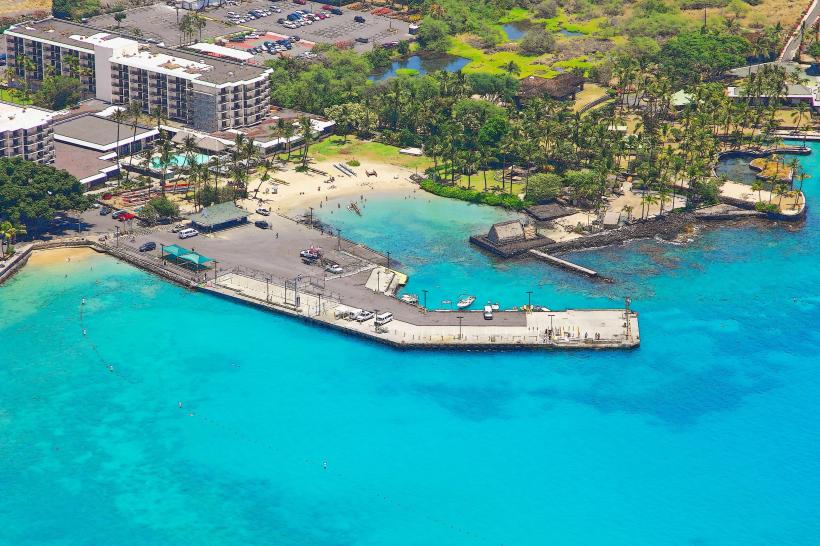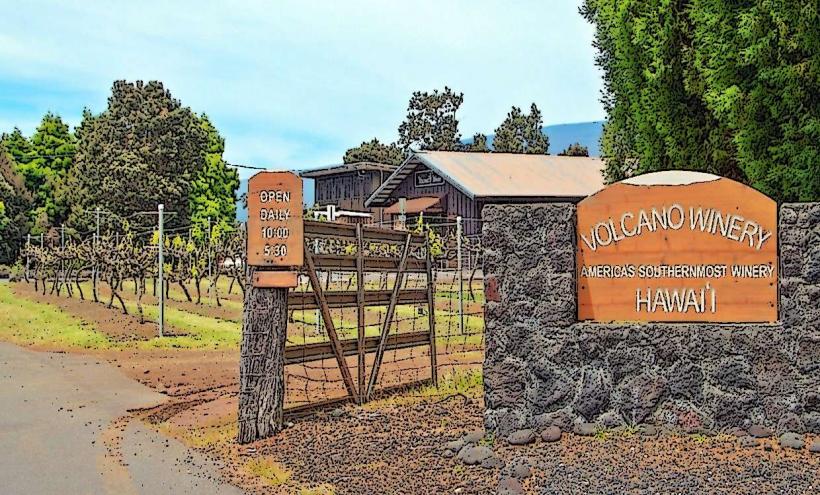Information
Landmark: Kona Coffee Living History FarmCity: Kailua Kona
Country: USA Hawaii
Continent: North America
Kona Coffee Living History Farm, Kailua Kona, USA Hawaii, North America
The Kona Coffee Living History Farm is a unique historical site located in the Kona District on the west coast of the Big Island of Hawaii. This farm offers a glimpse into the region's rich history of coffee cultivation, which has been a part of Kona's heritage for over a century. The farm is a living history museum that demonstrates the traditional methods used to grow and process coffee, along with showcasing the daily life of the early Japanese immigrants who worked on coffee plantations.
Overview of Kona Coffee Living History Farm
- Location: The farm is situated near Captain Cook on the western side of the Big Island, approximately 12 miles (19 km) south of Kailua-Kona. It’s nestled on the slopes of Hualālai, a dormant volcano, where the rich volcanic soil contributes to the distinctive flavor of Kona coffee.
- History: The Kona Coffee Living History Farm is dedicated to preserving and sharing the history of coffee cultivation in the Kona region. The farm tells the story of the Kona coffee industry and highlights the role of Japanese immigrants who played a major part in its development. It is the only living history farm in Hawaii focused on coffee production.
Main Features of Kona Coffee Living History Farm
Coffee Farm Tour:
- Visitors to the farm can take guided tours that walk them through the coffee-growing process from planting the coffee trees to harvesting the beans and roasting the coffee. The farm operates with traditional, historical methods, offering a hands-on experience of old-world coffee production.
- The tour provides insights into the various stages of coffee cultivation, including planting, pruning, harvesting, and the process of drying and milling the beans.
Living History Displays:
- The farm features recreated historical structures, including a traditional plantation house that gives visitors a sense of how early coffee farmers lived and worked. The house is furnished with period items that showcase the lifestyle of Japanese immigrant workers.
- Demonstrations of historical farming techniques and the chance to interact with costumed interpreters offer a deeper understanding of life on the farm during the early 20th century.
- The farm preserves traditional tools and methods used by early Japanese immigrants, such as hand-picked coffee beans and the original coffee milling equipment.
Cultural Significance:
- The Kona coffee industry owes much of its success to the Japanese immigrants who began working on coffee plantations in the late 1800s. They introduced techniques that improved the quality of coffee beans and cultivated the Kona coffee industry into one of the most famous coffee-growing regions in the world.
- Visitors will learn about the challenges faced by early immigrants, their contributions to coffee cultivation, and the blend of cultures that shaped the Kona coffee industry. The farm’s story reflects the history of immigration, labor, and agriculture in Hawaii.
Kona Coffee Varieties:
- The farm grows 100% Kona coffee, one of the most sought-after coffee varieties globally due to its rich flavor and unique growing conditions. Kona coffee is known for its smooth, mild flavor with nutty, chocolate, and fruity notes.
- Visitors can sample the farm’s coffee, and the farm’s coffee shop offers freshly brewed coffee for visitors to enjoy on-site.
Educational Programs and Workshops:
- The farm hosts educational programs and workshops, especially for those interested in learning more about the specifics of coffee growing, harvesting, and processing.
- Workshops often focus on the history and cultural importance of Kona coffee, as well as practical techniques for growing and producing coffee.
Wildlife and Natural Beauty:
- The Kona Coffee Living History Farm is set on a lush and scenic property, with views of the surrounding mountains and the Pacific Ocean. It’s located in an area where the fertile volcanic soil and tropical climate create perfect growing conditions for coffee plants.
- The farm also offers a chance to appreciate the natural beauty of Hawaii, as visitors can explore the area around the farm and observe local plants, trees, and wildlife.
Gift Shop and Coffee for Sale:
- The farm’s gift shop sells a range of Kona coffee products, including ground coffee, whole beans, and coffee-related merchandise. This provides visitors the opportunity to take home a piece of the Kona coffee experience.
- The coffee sold at the farm is freshly roasted and can be purchased as a souvenir, allowing visitors to savor the unique flavors of Kona coffee long after their visit.
Best Time to Visit
- Year-Round: The Kona Coffee Living History Farm is open year-round, with the coffee harvest season typically running from October to April. However, the farm’s historical activities, tours, and workshops are available throughout the year.
- Harvest Season: The harvest season offers a unique opportunity for visitors to see the coffee beans being picked and processed. If you visit during the harvest season, you might also see traditional methods of hand-picking coffee beans in action.
Things to Consider Before Visiting
- Tour Length: The guided tours of the farm usually last about 45 minutes to 1 hour. It’s a great idea to plan for additional time if you wish to explore the gift shop, relax, or enjoy some coffee at the farm’s cafe.
- Weather: The Kona region tends to have a warm and dry climate, but it’s always advisable to bring sunscreen, hats, and sunglasses when visiting. It’s also good to wear comfortable shoes for walking around the farm.
- Cultural Sensitivity: The farm highlights the history of Japanese immigrants in Hawaii, so visitors should approach the cultural exhibits with respect for the history and significance of the farm’s story.
Conclusion
The Kona Coffee Living History Farm provides a fascinating opportunity to immerse yourself in the history of coffee cultivation in Hawaii while also offering an authentic glimpse into the life of early coffee farmers and their communities. Visitors not only gain an understanding of the coffee industry but also experience the deep cultural and historical significance of the Kona coffee region. Whether you’re a coffee enthusiast or someone interested in Hawaii’s agricultural history, the farm offers an enriching and educational experience that showcases the beauty and legacy of Kona coffee.

